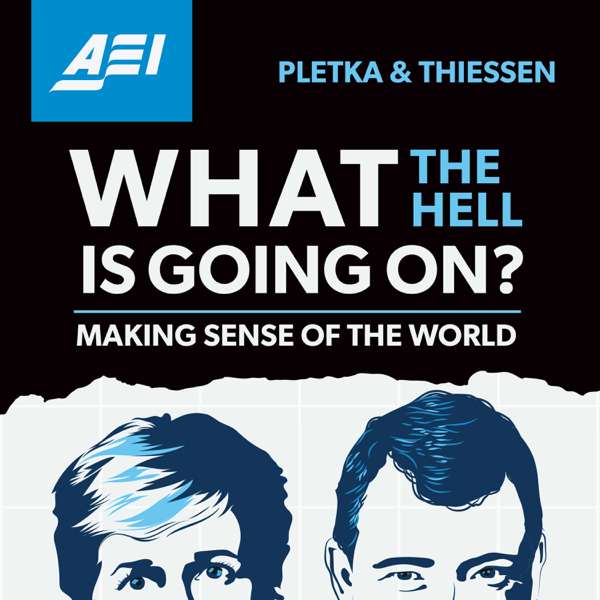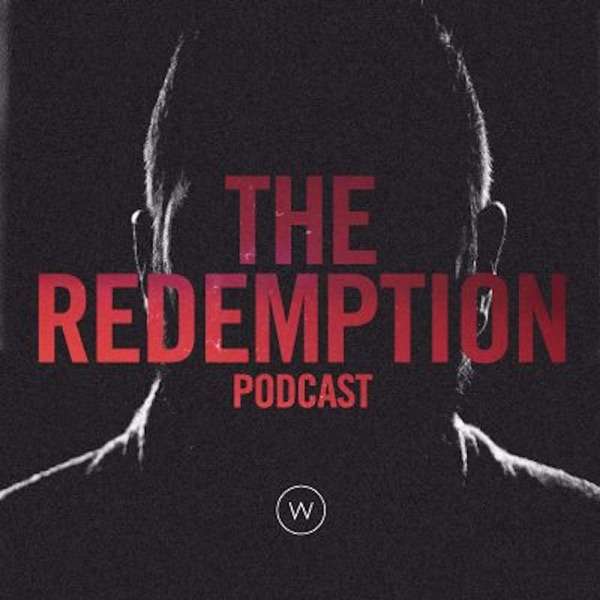Episode 363 of RevolutionZ as its main focus continues with another excerpt from the Oral History titled The Wind Cries Freedom. The episode opens, however, with a comment on our place and our times following on Mamdani's remarkable victory and Steve Bannon's call for Republicans to take over all institutions or face jail in about a year. In the struggle for institutions, for us to act as though Trump and Co. are now wielding a mighty force that is targeted at each and every one of us, ready and able to trounce us each now, in our workplaces, schools, and homes— for us to believe that exaggeration, and in response to be so security conscious that we curtail ourselves to avoid attracting their assault, that approach will do their work for them. That response from us will give them what they are racing to gain but which they do not now have. Our resignation. We have to fight back, not hunker down.
The episode then takes a second side route to present the lyrics of four specially chosen songs. Time to get up stand up, imagine, escape the badlands, and bring our ship in. Finally, hopefully roused a bit, we return to the oral history. This time the interviewer, Miguel Guevara questions two interviewees who we have already met, Mayor Bill Hampton and academic activist Andre Goldman about RPS first forming chapters and thereby getting real.
We see, in the oral history's time, how real chapters of their Revolutionary Participatory Society organization formed, grew, and spread to multiply power without losing heart. We see RPS's scaffolding for durable organizing that started around kitchen tables and scaled to a national federation—including the role of its weekly meetings, balanced roles, internal culture, local campaigns, and outreach as strategy.
Bill Hampton walks us through the early steps after their founding convention: setting a growth trigger for action, launching local campaigns at twenty members, and using those campaigns to reach forty to fifty members and then divide and double the chapter count. He explains how strategic recruitment, chapters sharing their innovations peer to peer, intramural sports, open classes, and street theater plus initial activist campaigns all emphasized growth and roads to member leadership. He shows us what “invite, don’t preach” looks like when stakes are high. He gets concrete on accountability, patience, a culture that welcomes rather than filters, and a movement that emphasizes flexible growth not static self defense.
Andre Goldman next adds the educator’s lens, including how he in his chapter and others throughout the organization worked to pair internal education with external actions through organizing schools that trained people to listen across difference, to frame demands without needless polarization, and to teach others to do the same. He tackles hard truths about gender, race, and class after Trumpism and why being morally right doesn’t guarantee strategic effectiveness. Miguel questions how RPS split chapters without drama, added supports like childcare and modest dues, and dealt with interpersonal conflicts by designing structures that contained heat without dimming the mission.
In short, with eyes on early chapter building, this episode continues the agenda of The Wind Cries Freedom, to convey what it might look like to not only block and terminate Trumpism but to continue on beyond that to achieve a fundamentally better world. And that is why RevolutionZ is devoting so many episodes to conveying the current draft of Miguel's oral history to you. To contribute to confidence, strategy, and vision in a congenial and personal way. And, hopefully, to get some feedback to help with additional improvements to the book.
Support the show

 Our TOPPODCAST Picks
Our TOPPODCAST Picks  Stay Connected
Stay Connected







